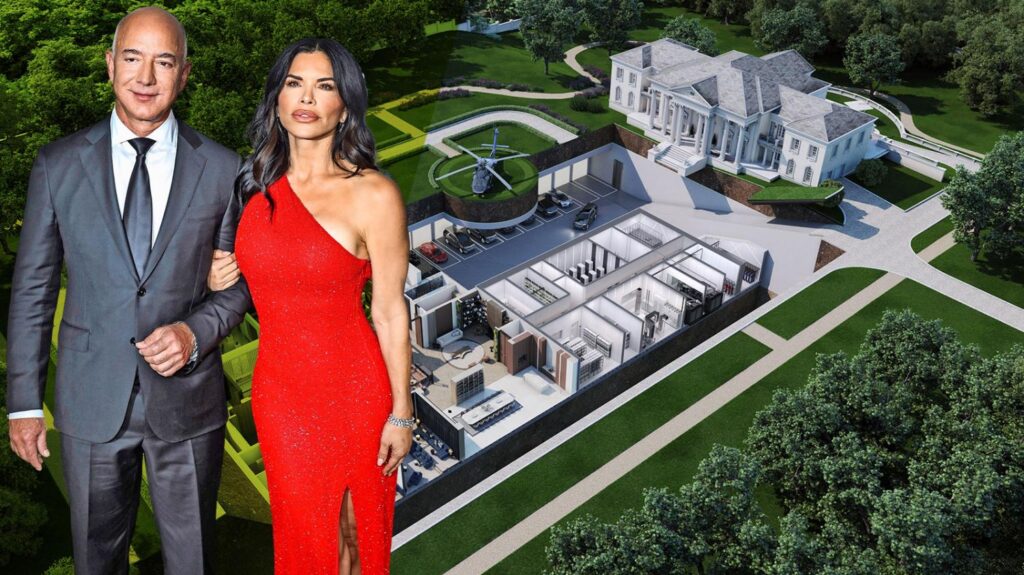United States
Will Pavia New York
For many years fears of nuclear Armageddon or a climate disaster have caused wealthy Americans to consider investing in an underground bunker or a remote, heavily fortified compound in which to ride out the apocalypse. Yet for all of these grand escape plans, there were problems. How would a billionaire survivalist keep the loyalty of private security guards hired to ward off the outside world if all currency was worthless?

In Survival of the Richest, the author Douglas Rushkoff describes discussing this challenge with a group of executives and billionaires who transported him to a desert compound to quiz him on bunkers, water contamination and whether New Zealand or Alaska offered a better refuge in an apocalypse. Now a property developer from New Jersey believes he has the answer. JC Cole, 66, is developing a type of self sustaining farm that would provide a haven for the wealthy but also help to feed the local community. Cole has built a farm and equestrian centre outside Princeton, New Jersey, and another at an undisclosed location in the Poconos mountains in Pennsylvania. He hopes they will be the first in a network of small farms outside cities.
“In America we import 50 per cent of our food,” he said yesterday. “If the supply chain breaks, that stops. Of the 50 per cent we grow, 80 per cent of that comes from west of the Mississippi. Basically that means that for the 170 million people that live east of the Mississippi, they don’t grow enough food to sustain themselves if our transport system breaks.”
Cole, a former president of the American Chamber of Commerce in Latvia who also served as a landlord for American and EU embassies, said he had sought to apply the lessons he had learnt during the collapse of the Soviet Union. Latvia endured the upheaval without violence because most people had a dacha on which they grew their own food, he said. His solution for the US was to build farms within 30 miles of big cities that could be run cheaply by a farm manager but could be scaled up in a crisis with the addition of a machinist, a mechanic and a doctor. They would also serve “as safe havens where wealthy people can come if the system breaks”. Those people would be asked to invest $3 million. As well as “a safe place to come to if things go bad, they are paying for sustainable farm technology”, Cole said. The wealthy investors would be defended by security protocols Cole learnt while running embassy buildings. Rushkoff, who identifies himself as a “Marxist media theorist”, said Cole hailed from the other side of the political spectrum but had reached similar conclusions about how mankind should prepare for a collapse of social order. “He decided he wanted to make farms that were resistant and self sustaining in the event of a big crisis. He got into biodiesel, having roosters rather than just buying chicks, having seeds rather than just sprouts,” Rushkoff said. “He wants to open several farms that would be an hour or two’s drive from a major city.”
In his book, Rushkoff laments that tech titans who founded companies fuelled by wildly optimistic ideas about how they would advance humanity were now reduced to viewing the world as a game in which “one of them wins by finding the escape hatch”. This ranged from the aspiration of the Amazon founder, Jeff Bezos, to found space colonies to the PayPal co-founder Peter Thiel’s planned compound in New Zealand and the Facebook boss Mark Zuckerberg’s virtual metaverse. While some have invested in giant yachts to serve as floating refuges, Bezos had commissioned a superyacht and a “companion yacht” with a helipad on which to land his helicopter. “There’s no such thing as enough,” Rushkoff writes.
 Survival of the Richest: Inside the plans to survive the apocalypse
Survival of the Richest: Inside the plans to survive the apocalypse